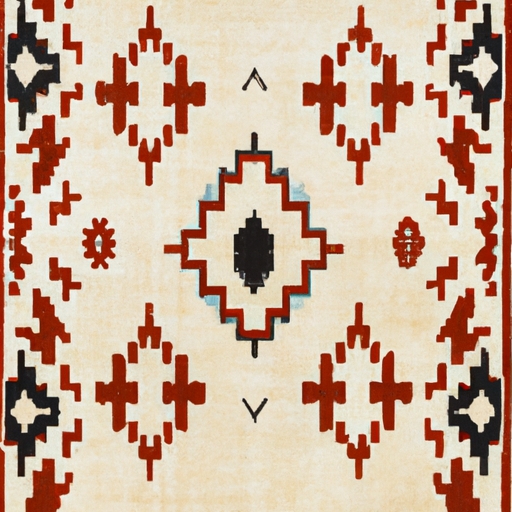why wear orange on 4th of july native american
History of braided rug making in Western Pennsylvania
On the 4th of July, **Native American** communities across the country are often overlooked during celebrations. It is important to remember the **history** and struggles that Native Americans have faced throughout **American** history. One way to show support and solidarity with these communities is by wearing orange on Independence Day.
The color orange has significant meaning in Native American culture, symbolizing strength and endurance. By wearing orange on the 4th of July, we can show our respect for the indigenous peoples of this land and acknowledge their **continued** fight for equality and recognition.
While many may not associate orange with traditional Fourth of July colors, it is a powerful statement that can help raise awareness about the issues facing Native American communities today. As we celebrate our nation's independence, let us also reflect on the injustices that have been perpetrated against those who were here long before us.
So this Fourth of July, consider adding a splash of orange to your outfit as a sign of solidarity with Native American communities. It may seem like a small gesture, but it can make a big impact in showing support for those who have been marginalized and silenced for far too long.
how to honor native american at thanksgiving
